#SAConf23
Positive social relationships feature as a key factor in every wellbeing index, yet they are often missing from the way support provision for autistic people is talked about. Historically, autism has been defined as a ‘deficit’ in social interaction and communication. Consequently, support models have focused on developing ‘social functioning’ or ‘social skills’ with little attention paid to social relationships. Such models reinforce non-autistic norms for social interaction, without recognising the myriad ways in which supported autistic people interact and form meaningful relationships. Support services should instead provide safe spaces for autistic sociality to flourish, taking account of supported people’s preferred styles of communication and interaction and nurturing meaningful relationships and social belonging.
This conference will shine a light on the ways in which autistic people’s relationships can be recognised and supported – relationships with one another, with family
members, with partners, and between supported people and professionals. We will hear from a range of speakers drawing on lived experience, professional practice, and
research about the positive ways in which autistic sociality can be supported, while acknowledging the vulnerabilities and difficulties faced by autistic people
building relationships in a largely non-autistic world.
The conference will be of interest to autistic people, parents, carers and professionals in education, social care and health or anyone who has an interest in learning more about autism.
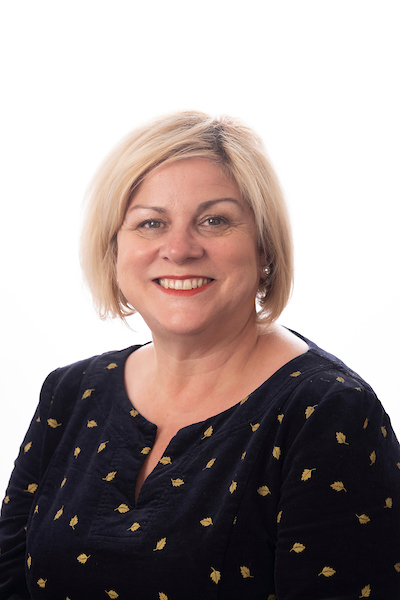 Charlene Tait
Charlene Tait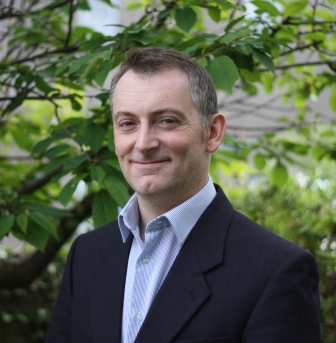 Joseph Long
Joseph Long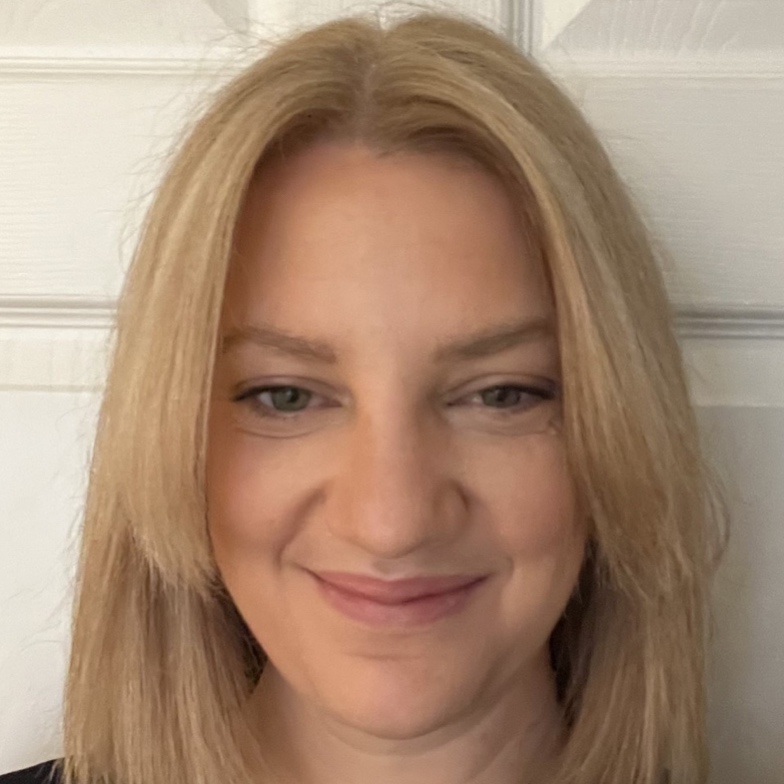 Joanna Panese
Joanna Panese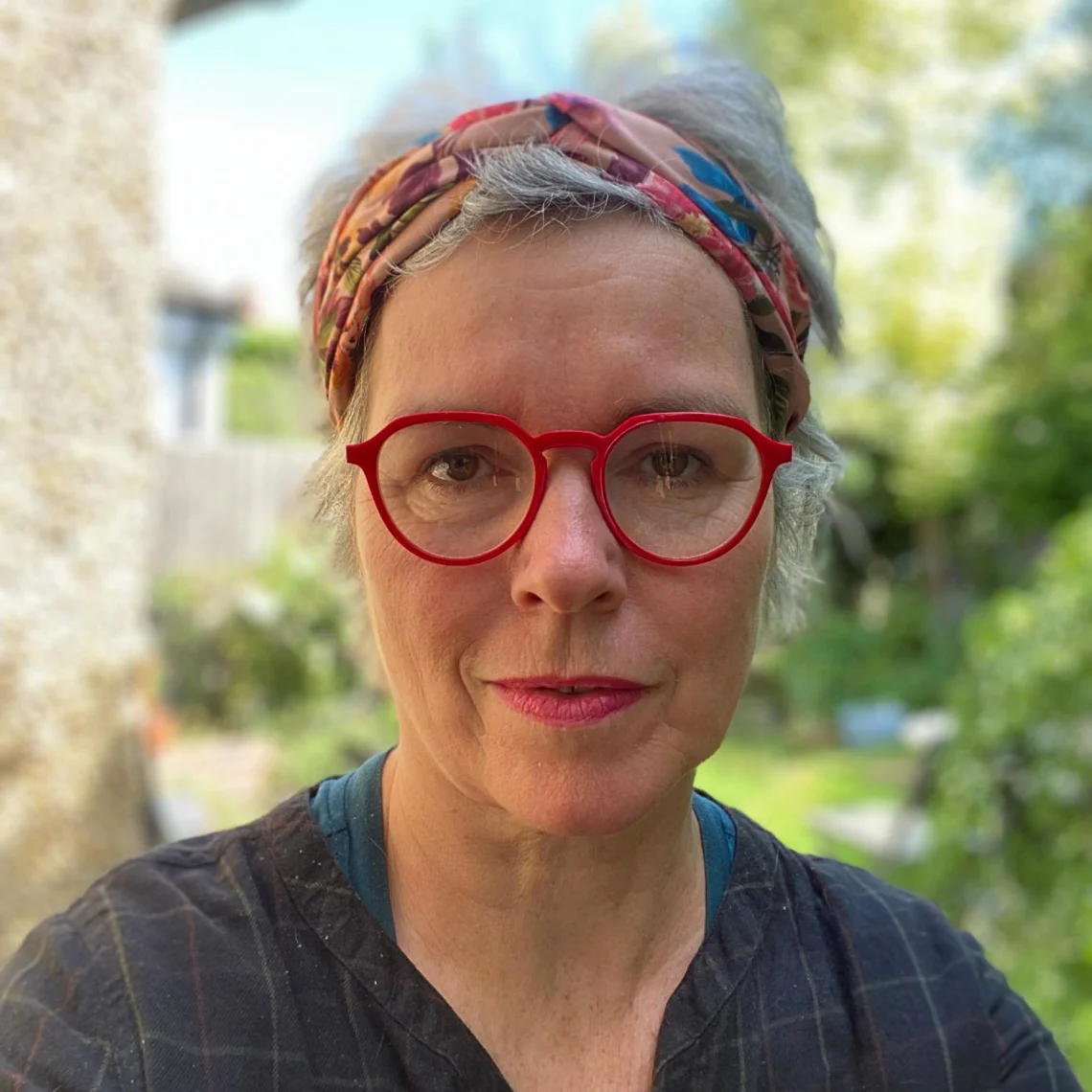 Sara Ryan
Sara Ryan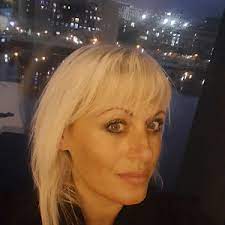 Dr Georgia Pavlopoulou
Dr Georgia Pavlopoulou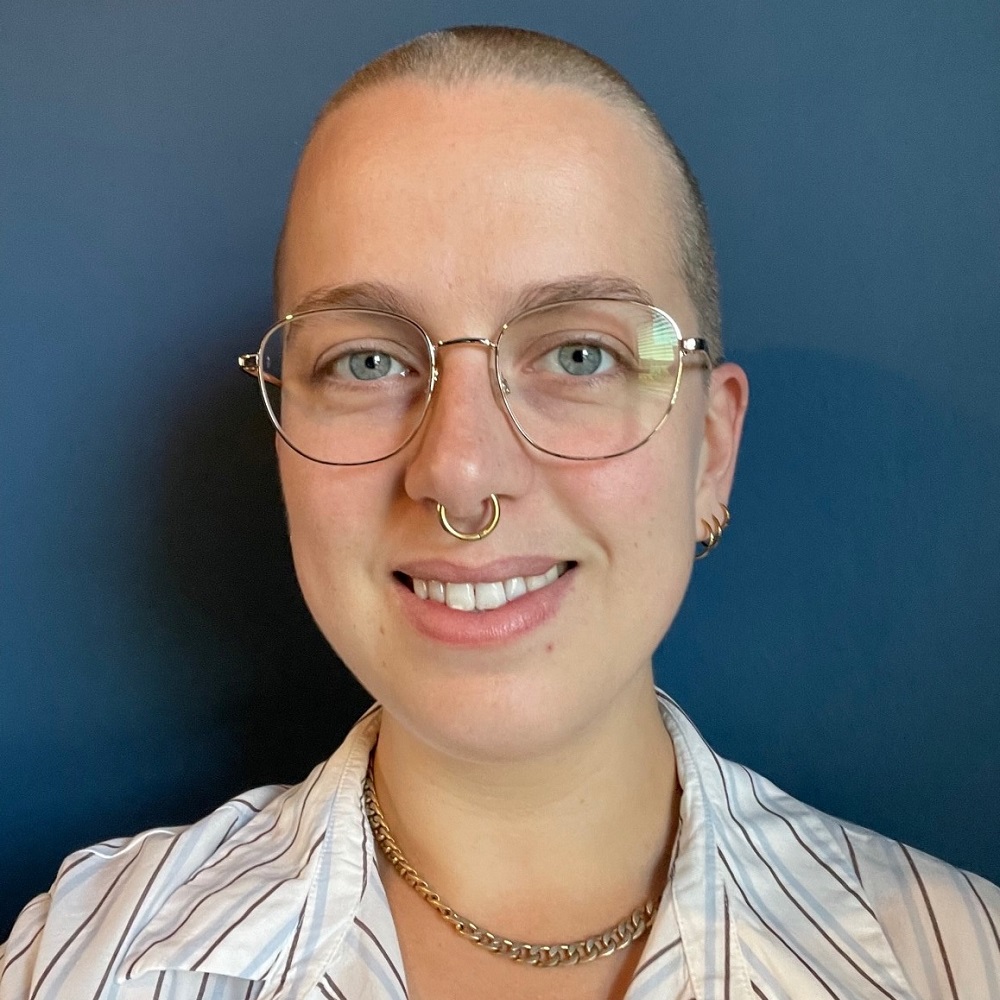 Holly Sutherland
Holly Sutherland George Watts
George Watts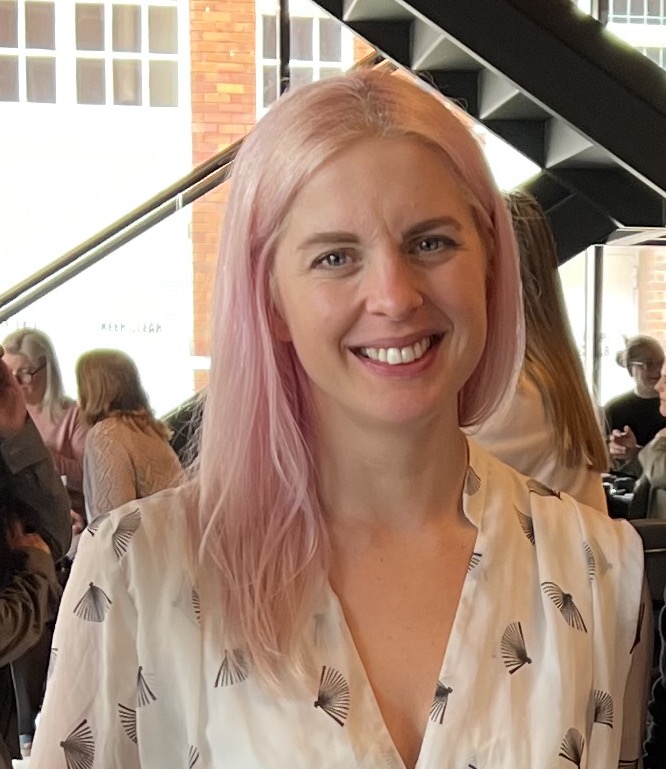 Amy Pearson
Amy Pearson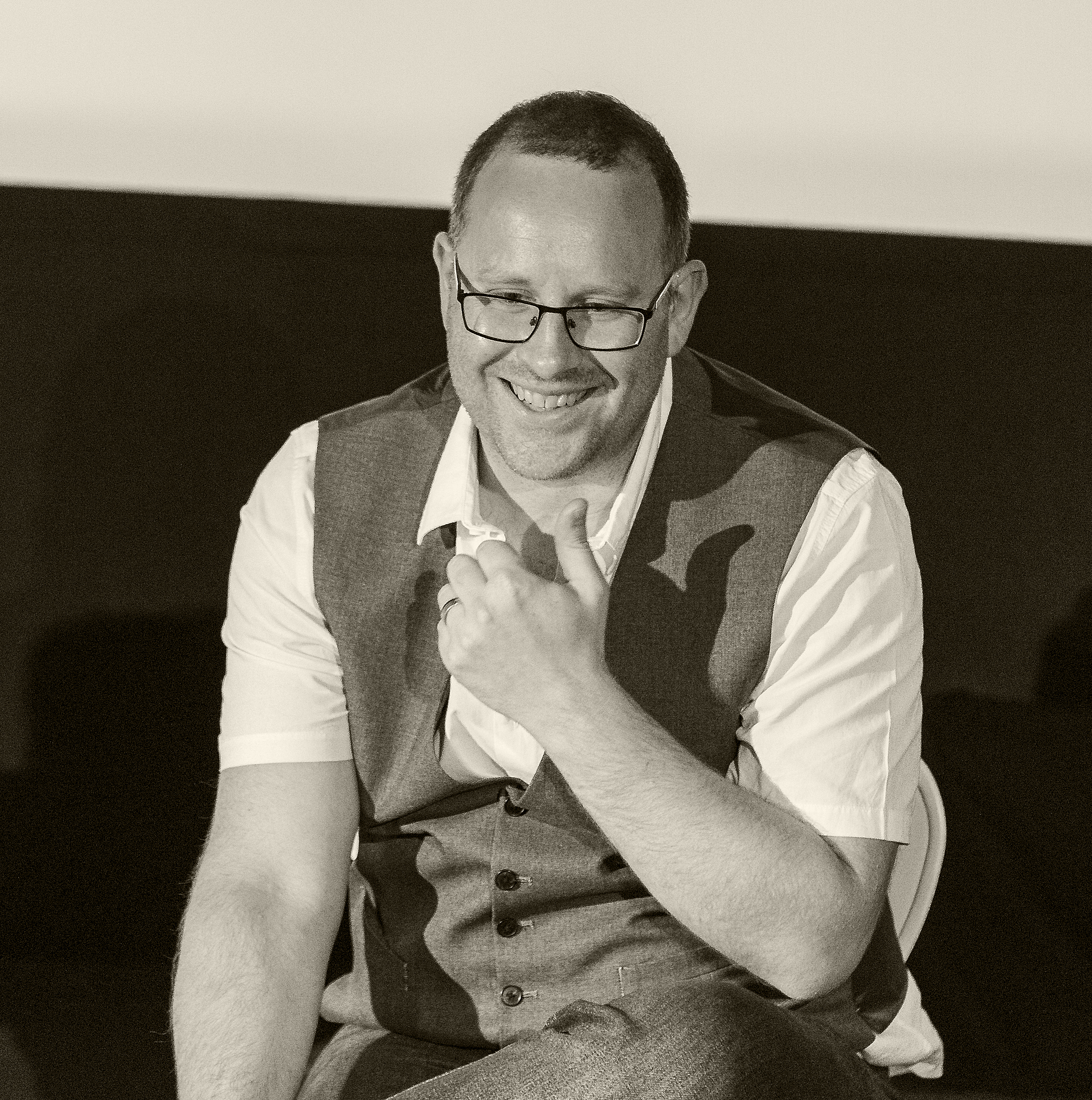 Kieran Rose
Kieran Rose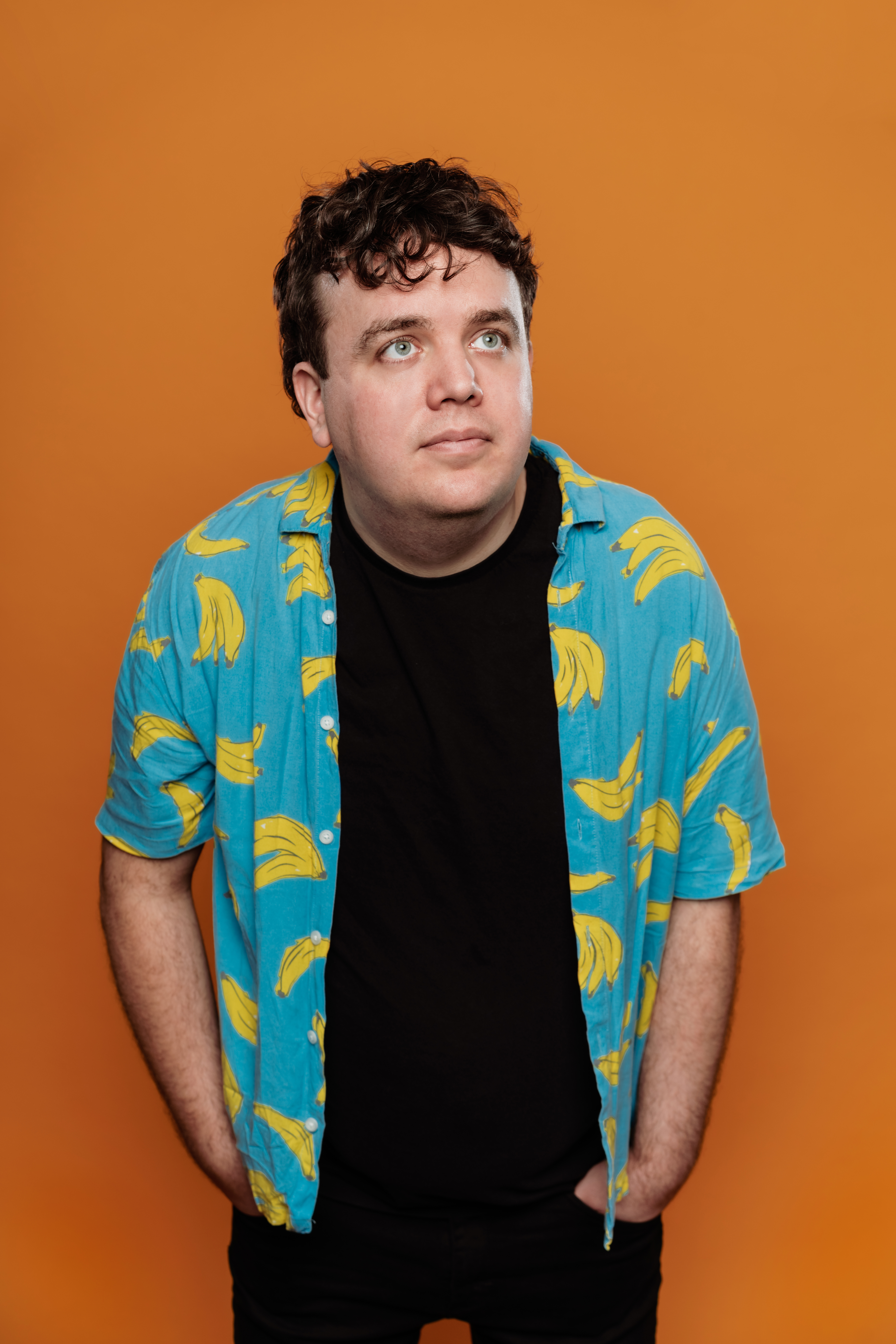 Joe Wells
Joe Wells| 09:30 - 10:00 | Waiting room opens |
| 10:00 - 10:15 | Welcome Charlene Tait, Deputy CEO, Scottish Autism |
| Session 1 | |
| 10:15 - 11:05 | Making relationships visible in autism support services Joseph Long, Research & Policy Lead & Joanna Panese, Practice and Community Development Lead, Scottish Autism |
| 11:05 - 11:45 | Reflections from research on relationships...flourishing lives and so much more Sara Ryan, Professor of Social Care, Manchester Metropolitan University |
| 11:45 - 12:05 | Comfort Break |
| Session 2 | |
| 12:05 - 12:45 | Siblings Matter: How professionals can support young siblings Georgia Pavlopoulou, Associate Professor University College London Brain Sciences, Founder and Director of Group for Research in Relationships and Neurodiversity (GRRAND) and Director National Autism Trainer Programme |
| 12:45 - 13:35 | Autistic perspectives on autistic social communication Holly E.A. Sutherland, MPhil, Doctoral Candidate, University of Edinburgh |
| “A certain magic”: Autistic adults’ experiences of other autistic people, a systematic literature review. George Watts, Autistic Self-Advocate and PhD Researcher, University of Stirling | |
| 13:35 - 14:35 | Lunch Break |
| Session 3 | |
| 14:35 - 15:25 | Confronting interpersonal violence against autistic people Amy Pearson, Senior Lecturer in Psychology, University of Sunderland and Kieran Rose, Consultant Trainer, The Autistic Advocate |
| 15:25 - 15:45 | How to support those born without autism Joe Wells, Writer, Comedian & Podcaster |
| 15:45 - 16:00 | Closing Remarks Charlene Tait, Deputy CEO, Scottish Autism |
| 16:00 | Close |
Historically, social care and education services have been informed by a deficit-based view of autism that has often seen support focused on ‘social functioning’ or ‘social skills’ development, usually informed by normative models of social interaction. In this presentation, we consider what a focus on positive social relationships looks like in autism support services.
Scottish Autism’s practice research on friendships and sociality in services revealed the importance of the relationships between supported autistic people and the social care practitioners that work alongside them. Yet these relationships are often occluded in research and practice literature. This has led us to consider the relational aspects of support in our research programme and increasingly in our models of support provision. We consider that positive relationships occur when services are able to support autistic preferences for communication, interaction and sociality, rather than push normative models of social skills.
In this talk we will make the case for the visibility of relationships in practice discourse, introduce Scottish Autism’s current research on this topic, and advocate for a more relational understanding of practice in public policy. We will consider what positive support relationships look like in our own services, and the way these can be nurtured and recognised through reflective practice and practitioner learning opportunities.
Here I reflect on recent NIHR funded research projects 'Flourishing Lives' and 'Growing Older, Planning Ahead' which involved people with learning disabilities, autistic people and family carers as research partners and researchers. I draw on Amartya Sen's Capability Approach and Martha Nussbaum's list of 10 basic capabilities to think about how we can live good lives and what can be done to improve current practice.
Sibling relationships have the unique potential to be the longest-enduring bond, with the potential to create shared experiences that last throughout the life course. It plays a central role in family life and is the first and most intense peer relationship that humans may experience and serves as the child's first social network. Although sibling relationships are an important context for development, they are still often ignored in research and proactive support schemes of autistic family members. By engaging in research, educational and clinical practice 'with' siblings, rather than doing research 'on' or 'about' siblings, we can learn more about family mental health and neurodiversity affirmative ways of support across the lifespan.
In this talk, I will give examples of recent research looking at what we may learn from siblings' experiences, moving away from a medicalised deficit narrative in families caring for one or more autistic people. The talk may be useful to health and education professionals supporting autistic and non-autistic siblings to live happier and healthier lives.
This talk will share ongoing doctoral research on how autistic adults experience contact with other autistic people and the impact this contact has on wellbeing. In contrast to deficit-based perceptions of autistic social-communication, Damian Milton’s Double Empathy Problem suggests that social-communication difficulties result from a mismatch of social-communication styles between autistic and non-autistic people. Building on these ideas, recent research suggests that autistic people often experience better communication and rapport with other autistic people in comparison to with non-autistic people. Little is known about autistic people’s own perceptions of contact with other autistic people, therefore this review looked for qualitative research where autistic people had described these experiences. This talk will describe the analysis of 52 research papers and the insights they provide into what happens when autistic people spend time together. It will explore the resonance of shared experiences, autistic culture and communication styles and the impact connections with other autistic people have on wellbeing. It will discuss the practicalities which facilitate access to other autistic people and the role of attitudinal factors such as stigma. Reflecting on what is currently known within the research literature and what we have yet to discover about this phenomenon, we will consider the implications of these findings for research and practice.
This talk will describe the analysis of 52 research papers and the insights they provide into what happens when autistic people spend time together.It will explore the resonance of shared experiences, autistic culture and communication styles and the impact connections with other autistic people have on wellbeing.It will discuss the practicalities which facilitate access to other autistic people and the role of attitudinal factors such as stigma.Reflecting on what is currently known within the research literature and what we have yet to discover about this phenomenon, we will consider the implications of these findings for research and practice.
“Persistent difficulties with social communication and social interaction” is one of the diagnostic criteria for autism. However, increasingly, both research and self-advocacy are challenging this framing. The neurodiversity paradigm and the double empathy problem are two powerful new frameworks for understanding autistic social communication, suggesting that difficulties are not just due to the autistic person, but due to mutual misunderstanding between autistic and non-autistic people. To understand why these misunderstandings occur, we have to first understand how autistic people experience social communication – what their expectations are, what they find difficult, and what they wish non-autistic people would do. In this talk, Holly Sutherland will cover some key concepts from two focus groups that asked autistic adults these very questions, and how these can be used to improve communication with autistic people.
Autistic people experience violence and abuse at an alarming rate, and to date there has been very little consideration of how to a) prevent this, and b) support those who have felt its impact. Historical discussions have framed violence towards autistic people as a personal failing to spot manipulative behaviour, driven by a lack of social understanding and individual vulnerability.
In this talk we will present findings from multiple studies that I have conducted in collaboration with other autistic academics and community partners. Across this body of research, we asked autistic people themselves about how they perceive and make sense of the experience of violence, and what we can better do to support them.
The aim of this research was to transcend the notion of ‘individual vulnerability’ and resituate heightened risk and negative outcomes within an ecological framework which acknowledges the wider role that stigma and ableism have to play in the outcomes of autistic people. I will reflect on my position as an autistic researcher working in an area for which I have lived experience and talk about how we can take action across multiple levels to provide more effective support for autistic people who have been victimised, and importantly, create a better society for autistic people to prevent these experiences in future.
Autistic writer and comedian Joe Wells will present a short comedy speech about how to support those born without autism.
Please choose your preferred conference package.
This rate is for professionals or anyone with an interest in autism.
This is for autistic individuals and their families.
The Pay What You Can scheme is available to ensure the conference is as accessible as possible to autistic people and their families. Please note this is NOT for professionals.
For further information on Pay What You Can please visit our FAQ's here.
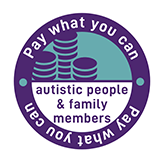
The live conference has now taken place; however, you can still access the conference On Demand.
|
Package 3 On Demand Only* |
|
|---|---|
|
Standard £145 |
|
|
|
*On Demand will be available from 6 October 2023
Bookings will be accepted for On Demand until 6 March 2024. Access to the On Demand platform will close on 6 April 2024 and will no longer be available to view.
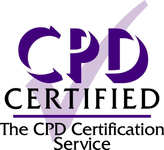
Payment for the conference is required at time of booking.
Cancellations must be in writing by Thursday 21 September 2023 and emailed to events@scottishautism.org.
In the unlikely events that we need to cancel the event a full refund will be issued. We will not accept any responsibility for any other costs that may have been incurred.
If you have booked a Live Conference Package and do not show on the day you will not be entitled to a refund, nor will you receive a copy of the On Demand recording unless you have chosen the Live Conference and On Demand Package. No refunds will be processed after Thursday 21 September 2023. Refunds will be processed less an administration charge of £25pp, no refunds will be issued for payments under £25 due to admin charges. No refunds for cancellations will be processed after this date. Substitutes are welcome up to 48 hours before the event, however notifications must be in writing to the Scottish Autism Events Team at events@scottishautism.org. Please note all bookings are linked to individual email addresses and a new link will need to be sent to the substitution.
The On Demand Package will be available for 6 months after the event, after this time the link will expire. We will be unable to reissue the On Demand link after this time.
The organisers reserve the right to change the programme and speaker line-up as required.
Scottish Autism is committed to preserving your privacy and safeguarding your personal data. Please refer to our full privacy policy and how we use your data.
Visit our Zoom Guide for details on how to access the conference and how to obtain the best viewing experience.